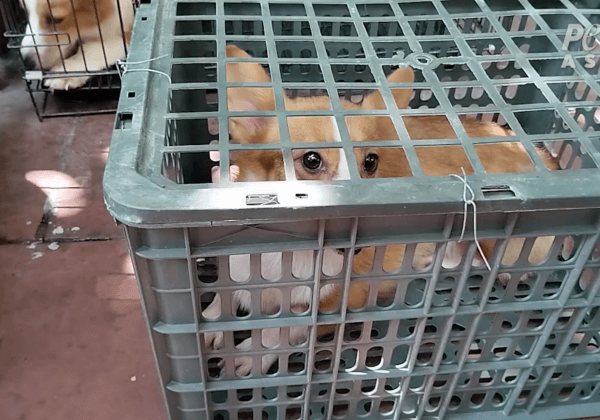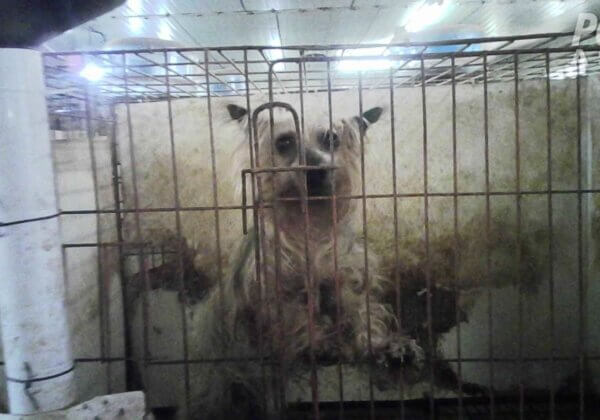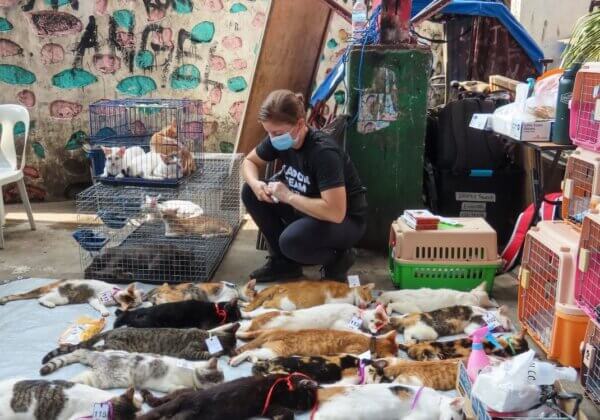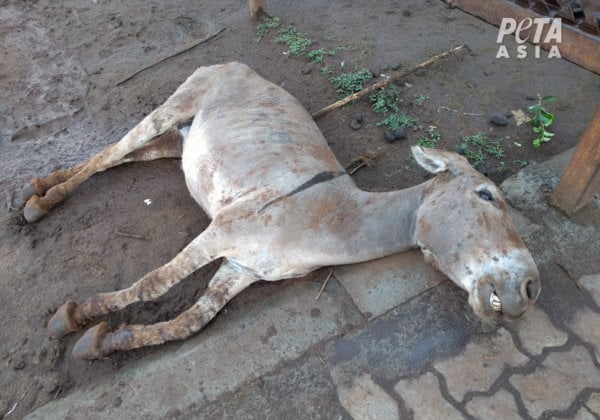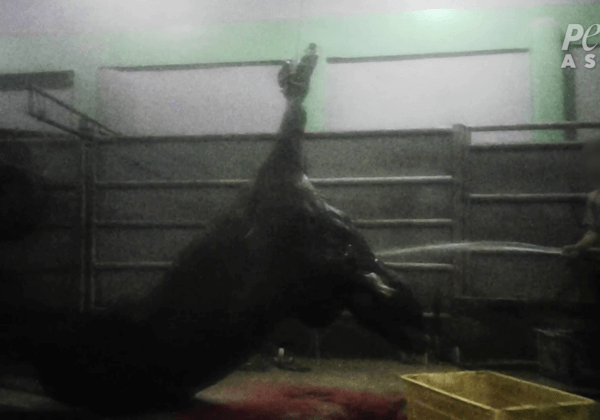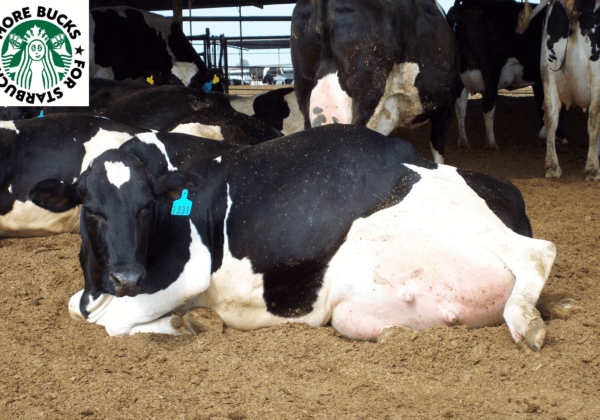PETA and PAWS Team Up to Help Flood Victims in the Philippines
When heavy rains brought on by tropical storm Haikui pounded the capital, leading to evacuations in many communities, PETA Asia, which has a campaigns office in Manila, and local animal welfare group Philippine Animal Welfare Society (PAWS) stepped in to help animals affected by the disaster.
PETA Asia’s campaigns office was designated the command center for rescue calls, with staffers staying overnight to answer calls for help. PAWS opened its shelter, based in Marikina, as an evacuation center for guardians who wanted to leave their dogs and cats in a safe haven until they were able to return to their homes. PETA’s office was inundated with calls from distressed animal guardians who were planning to evacuate or had already done so and had left their animals behind. We were able to give vital advice to those who had not yet evacuated: Do whatever you can to take your companion animal to a safe place with you, and if you must leave your animal, do not leave him or her caged or tied.
Representatives from both groups hit the ground to aid animals in distress, providing injured animals with emergency care, extracting animals from situation that involved immediate danger, and dropping off food and water for animals who were safe in their homes but whose guardians had fled.

This dog's guardians alerted us to the fact that he had been left tied, without food and water, on a balcony. The rescue team gave him ample supplies of both and lengthened his tie-out using a garden hose.

Waters were waist- to neck-deep in many areas.

Rescue workers left food and water in affected areas for dogs and cats who were not in imminent danger.
If you want to help support PETA’s lifesaving work during calamities, please donate to PETA U.S.’ Animal Emergency Fund which gives monetary support to affiliates during disasters. Please don’t forget to make plans now in case disaster strikes. Although it’s not easy to think about worst-case scenarios, doing so now could mean the difference between life and death for your pet.
Posted by Jason Baker

